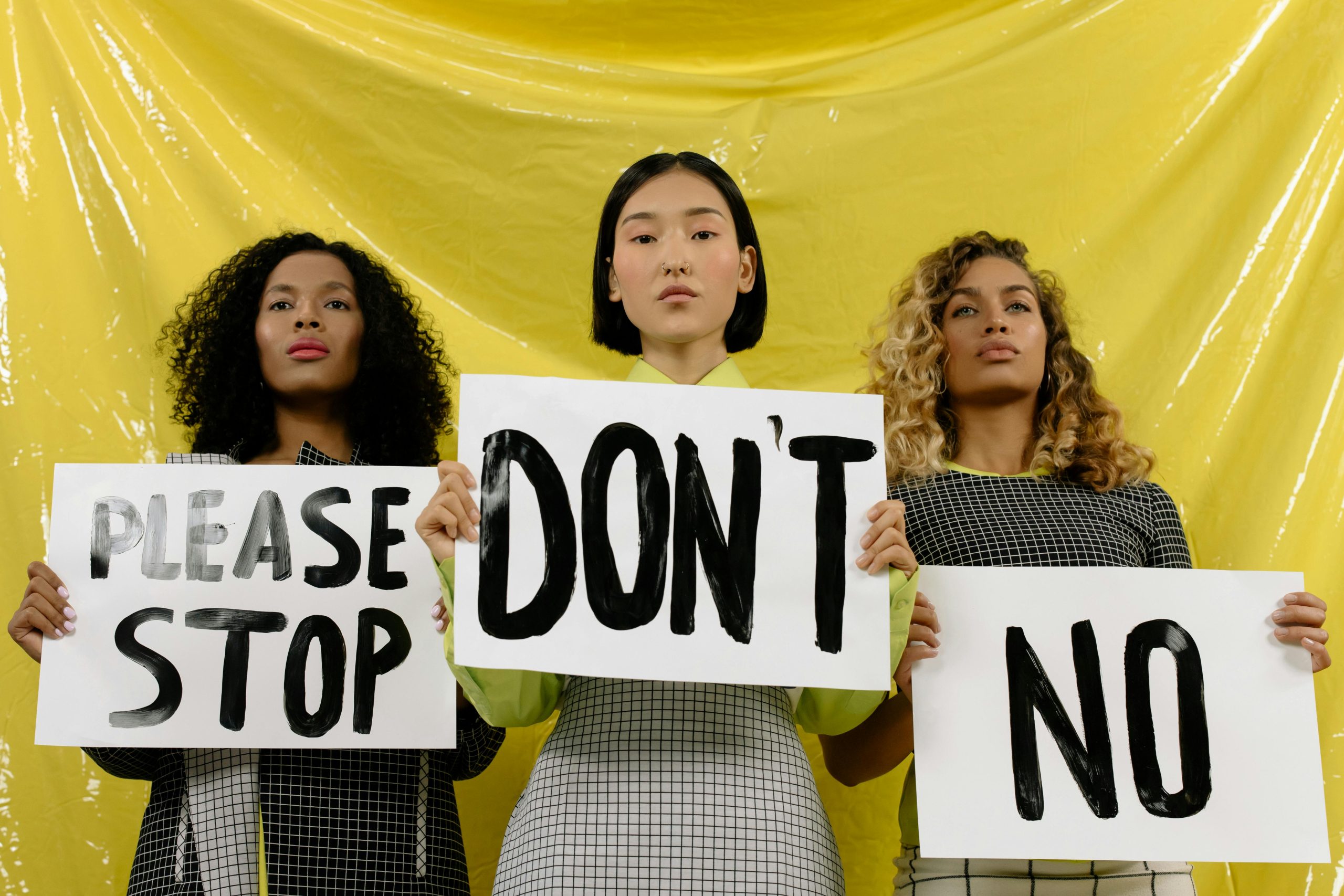The Increasing Challenges of Voicing Criticism Against Israel: A Global Perspective
In recent years, a noticeable shift has occurred regarding the discourse around Israel, particularly in the United States and Europe. The act of critiquing Israeli policies has begun to be perceived, in some circles, as a crime or at least as an action laden with severe repercussions. This evolution raises important questions about free speech, the boundaries of legitimate criticism, and the varying responses to political discourse in democratic societies.
A New Landscape of Expression
Historically, political criticism has been a cornerstone of democratic freedoms, allowing citizens to engage in healthy discussions without fear of retaliation. However, in the context of Israel, particularly relating to its treatment of Palestinians, critics have increasingly found themselves facing severe backlash. This backlash often manifests through social media censorship, public shaming, and even accusations of anti-Semitism, leading many to weigh their words carefully, or refrain from expressing dissent altogether.
The implications of this growing suppression are significant. For many, Israel’s policies toward the Palestinian territories are not only political issues but also human rights concerns. As the complexities of the Israeli-Palestinian conflict become increasingly interwoven with global opinions on nationalism, identity, and justice, the challenge of openly discussing these topics intensifies.
Legislative Responses and the Stifling of Dialogue
In recent years, some countries have considered or enacted legislation that aims to combat anti-Semitism. While protecting marginalized communities is undoubtedly important, such measures have sometimes been used to curtail discussions about Israeli policies. For example, in the United States, various state-level legislation has sought to penalize organizations that support the Boycott, Divestment, Sanctions (BDS) movement against Israel. This has raised concerns among activists and free speech advocates regarding the line between combating hate and suppressing critical discourse.
Across Europe, similar patterns have emerged, with several nations grappling with the balance between combating anti-Semitism and upholding free expression. With varying degrees of success, countries are attempting to navigate this complex landscape—illustrating an ongoing tension between safeguarding communities and fostering open dialogue.
The Role of Social Media and Public Perception
Moreover, social media platforms have become battlegrounds for this discourse. People expressing criticism of Israel often face harassment, bans, and the potential for significant backlash, which can include being labeled as anti-Semitic. This not only creates an environment of fear but can also deter individuals from engaging in meaningful conversations about the Israeli-Pal


